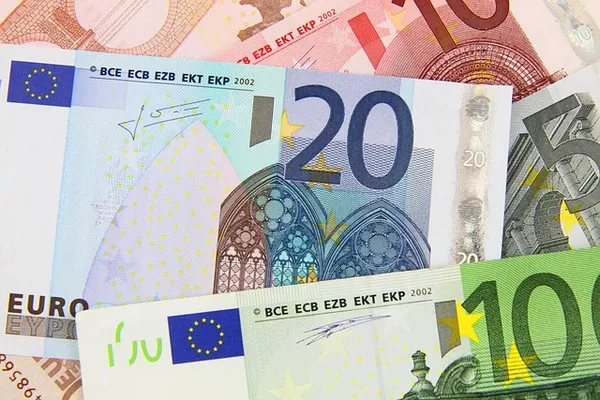Norway, often heralded as a beacon of prosperity, social welfare, and political stability, stands apart from many of its European neighbors in one significant aspect – it’s not a member of the European Union (EU). Despite its close geographical proximity to EU member states and shared economic interests, Norway has consistently opted to remain outside the EU fold. This choice has invited curiosity and scrutiny, prompting questions about the reasons behind Norway’s reluctance to join the European Union. Delving into the complexities of Norwegian politics, economy, and identity sheds light on this intriguing phenomenon.
Historical Context:
To understand Norway’s stance on EU membership, one must explore its historical background. Norway’s relationship with the EU dates back to the early 1960s when it first applied for membership. However, the Norwegian people rejected EU membership in referendums held in 1972 and 1994. These rejections marked significant milestones in Norway’s trajectory, solidifying its status as a non-member state.
Key Reasons for Norway’s Reluctance:
Sovereignty and Independence:
Central to Norway’s reluctance to join the EU is a deeply ingrained sense of sovereignty and independence. Norway places a premium on its ability to govern itself, maintain control over its resources, and make decisions in its own best interest. EU membership would entail surrendering a degree of sovereignty to supranational institutions, a prospect that many Norwegians view with apprehension.
Economic Autonomy:
Norway’s robust economy, buoyed by its lucrative oil and gas reserves, is a cornerstone of its national identity. As a non-EU member, Norway enjoys the benefits of access to the European single market through the European Economic Area (EEA) agreement. This arrangement allows Norway to participate in the EU’s internal market without being bound by its political framework or regulatory obligations. Retaining control over its economic policies, including fisheries and agriculture, is vital for Norway’s economic autonomy.
Democratic Accountability:
Norway’s democratic system is highly valued by its citizens, who take pride in their participatory governance model. EU membership would entail ceding decision-making authority to Brussels, potentially diluting Norway’s democratic control over its affairs. Concerns about democratic accountability and transparency within EU institutions resonate strongly with Norwegian voters, influencing their reluctance to join the union.
Cultural Identity:
Norway’s cultural identity, shaped by its history, traditions, and values, plays a significant role in shaping public sentiment towards the EU. Many Norwegians perceive the EU as an entity that promotes homogenization and dilution of national identities. Preserving Norway’s distinct cultural heritage and linguistic diversity is paramount, driving skepticism towards EU integration efforts.
Neutrality and Non-Aligned Status:
Norway’s longstanding tradition of neutrality and non-alignment in international affairs sets it apart from many EU member states. While Norway maintains close diplomatic ties with the EU and its allies, it values its ability to pursue an independent foreign policy agenda. Joining the EU could potentially compromise Norway’s neutrality and limit its flexibility in global diplomacy, a prospect that raises concerns among policymakers and citizens alike.
Public Opinion and Political Landscape:
Public opinion in Norway regarding EU membership remains divided, reflecting the complexities of the issue. While some advocate for closer integration with the EU to reap economic benefits and bolster Norway’s influence on the European stage, others vehemently oppose relinquishing sovereignty and autonomy. Political parties in Norway have varied stances on EU membership, further complicating the debate. The absence of a clear consensus among political elites and the electorate contributes to Norway’s cautious approach towards EU accession.
Conclusion:
Norway’s reluctance to join the European Union is rooted in a combination of historical, political, economic, and cultural factors. The country’s steadfast commitment to sovereignty, economic autonomy, democratic accountability, cultural identity, neutrality, and public opinion shapes its approach towards EU integration. While Norway maintains a close relationship with the EU through the EEA agreement, the prospect of full membership continues to evoke mixed reactions among Norwegians. As Norway navigates its path forward, balancing the benefits of European cooperation with the preservation of its national interests remains a delicate endeavor.


